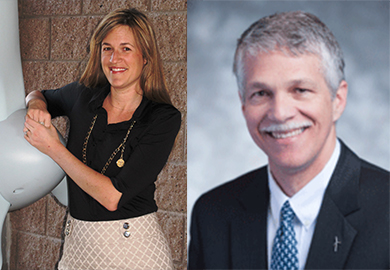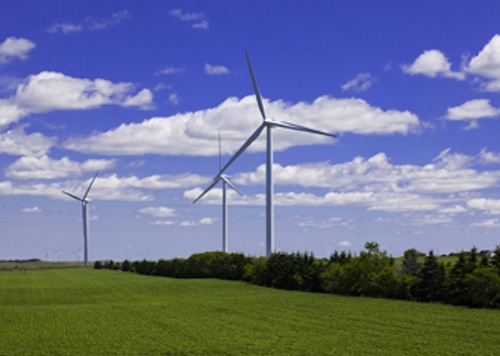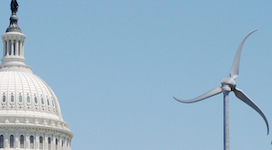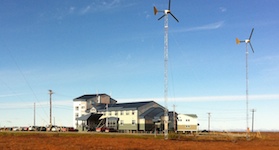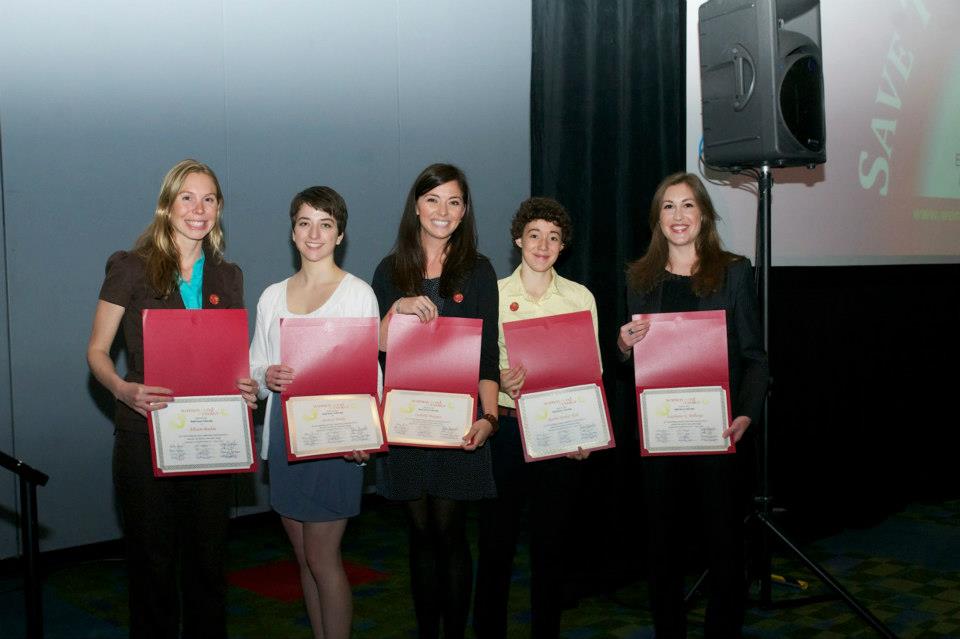Statement from DWEA Executive Director on the Expiring Provisions Improvement Reform and Efficiency (EXPIRE) Act
Distributed wind industry urges Senate to pass the EXPIRE Act and restore stability to the distributed wind market place. May 13, 2014, WASHINGTON DC –…


